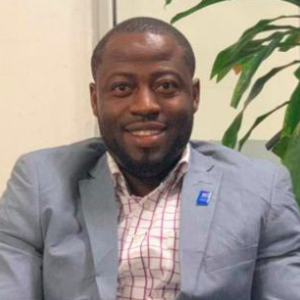The United Nations System in Liberia held the UN Liberia Vision 2030 retreat from the 31stOctober to 2ndNovember 2018, to develop the UN 2030 vision which will shape the next United Nations Sustainable Development Assistance Framework (UNSDAF) in Liberia, and will ensure that it “fits for purposewhile fitting in the priorities of all key stakeholders including the Government of Liberia”. The retreat was facilitated by the UNSDG-WCA.
The current United Nations Sustainable Development Assistance Framework in Liberia ends in December 2019 after two extensions to ensure alignment with the Pro- Poor Agenda for Prosperity and Development. The UN has completed its end of Programme Evaluation and the Common Country Assessment. The Pro- Poor Agenda will guide the strategic areas of support for the United Nations System and Development Partners in Liberia.
The Government of Liberia, through recent years took steps that were to lead to a national context that will boost the country’s development while speeding SDGs implementation at the same time. The current national prevailing view is that the Poverty Reduction Strategy Paper, had borne considerable fruits that include establishing institutions and processes that are contributing to the consolidation of peace and security, the revitalization of the economy, the entrenchment of institutions of good governance and the rule of law, and the reconstruction of the nation’s social and physical infrastructure for the delivery of basic public goods and services. However, there is still a pressing need to integrate development policies in holistic development frameworks that include UNSDAFs, inscribed in a long-term perspective in which reconciliation and development, peace and democracy would be strengthened and mutually reinforced.
The adoption of Pro Poor Agenda for Prosperity and Development by the Government of Liberia is to make this happen through a national consensus building process that will ensure successful implementation of agendas 2030 and 2063. The consensus would be encapsulated in a national vision statement designed to provide a long-term framework for decision-makers, leaders at all levels of society and development practitioners in the public, private and civil society organization sectors.
During the retreat, the UNCT understood the current national context and recognized the needs to identify the portion of the national vision that is compatible with the UN comparative advantages and translate it into a workable vision that will guide the UN support during the 5 years to come in Liberia.
A series of sessions were run to guide the UN team’s reflections and analysis to identify the anchorage points of the UN vision with the Liberia national vision. There was first a consensus about the concept of a vision defined during the retreat as an expression of the aspirations of a people or a group of persons, providing a sense of common identity, purpose, and ideals.
At the end of the retreat, the further steps of UNDAF roadmap was presented and there was a common agreement that the UN vision articulates how the results of UNSDAF are intended to contribute to the broader 15 years span of the 2030 Agenda and the SDGs, and the ways it is anticipated that successive UNDAF results build upon each other.


















